Feasibility of positive energy districts in China – research report by the China Academy of Building Research (CABR)
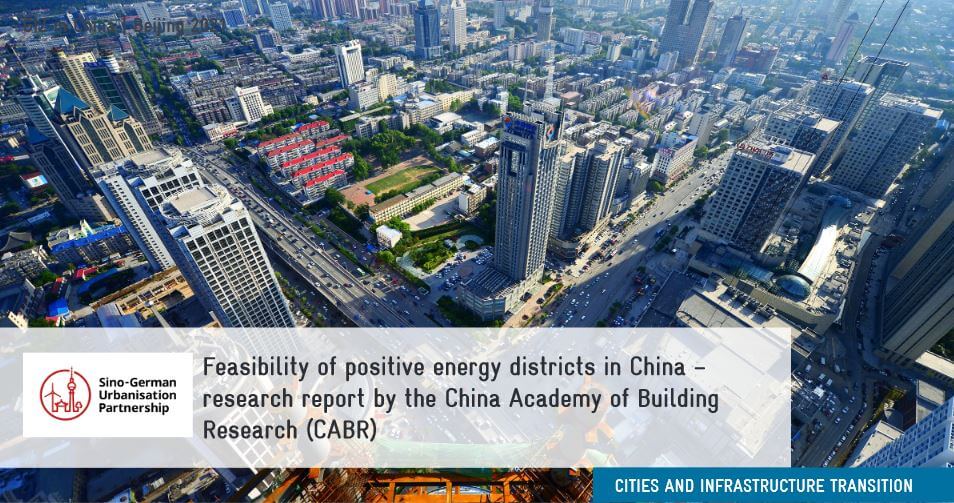
China is aiming to achieve climate neutrality by 2060. President Xi Jinping announced this ambitious target at the United Nations General Assembly in September 2020. One of the areas that the country is focusing on as a means of achieving this target is the sustainable transformation of the building sector, in particular promoting energy efficiency […]
Financing Instruments For Green Buildings
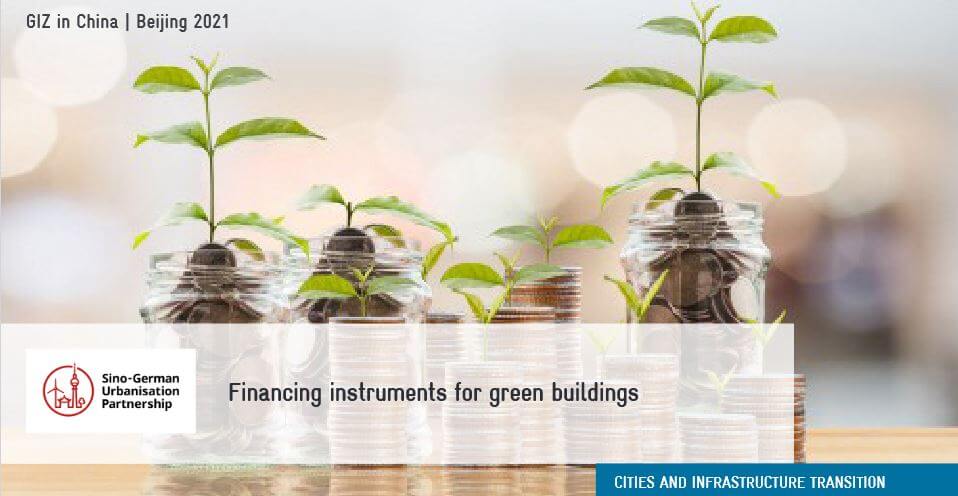
Limiting global warming to a maximum of 2 °C is essential if we are to preserve an environment worth living in and maintain prosperity and a functioning economic system. The investments needed to ensure that buildings are climate-neutral and energy-efficient far exceed public funding resources. Redirecting current financial flows is the only way to bring […]
Green Finance: Financing Instruments for Energy-Efficient Friendly Buildings in Germany (Chinese Version)
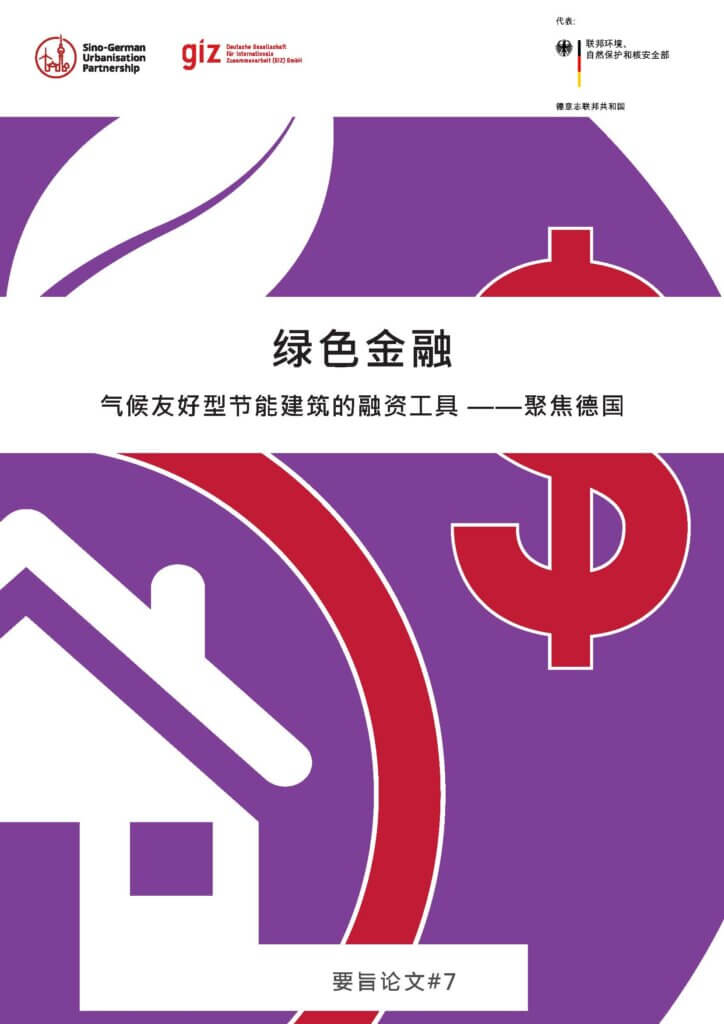
This document is part of ten keystone papers looking at current emerging topics in the building and city sector, focusing on energy efciency and resilience. The keystone papers were developed within the framework of the Sino-German Urbanisation Partnership as a basis for its working topics
Green Finance (EN) Financing Instruments for Energy-Efficient Friendly Buildings in Germany
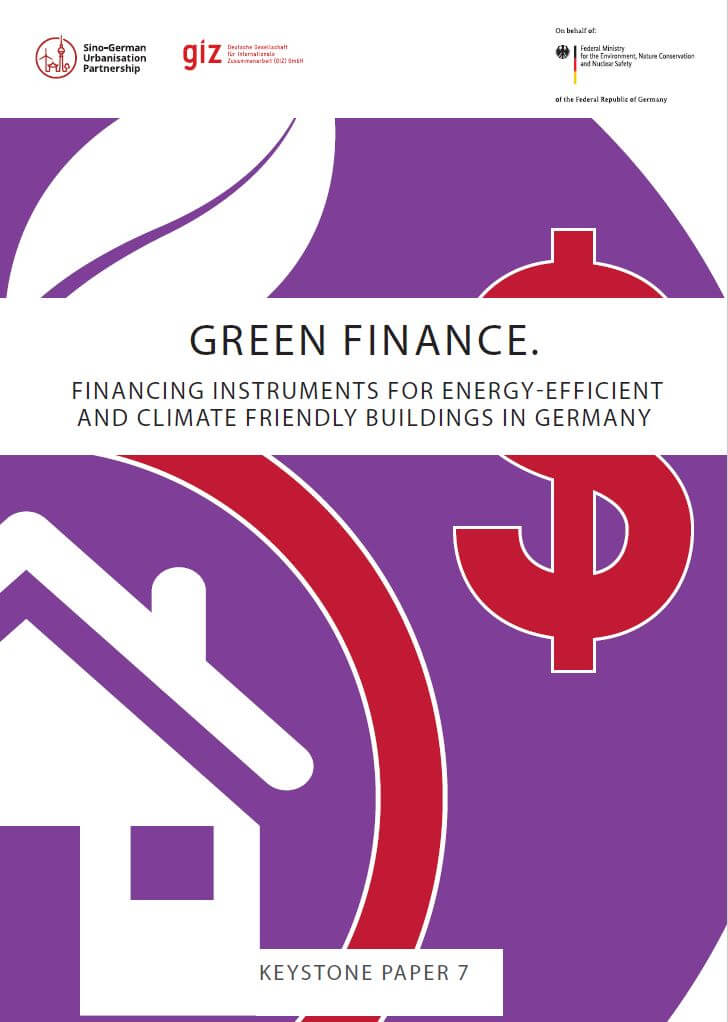
This document is part of ten keystone papers looking at current emerging topics in the building and city sector, focusing on energy efciency and resilience. The keystone papers were developed within the framework of the Sino-German Urbanisation Partnership as a basis for its working topics
Comparing Sustainable Infrastructure Standards: Comparative study between the IFC Performance Standards, the Equator Principles and the Green, Resilient, Inclusive, and Sustainable Indicators (GRIS) of the ADB, and the SuRe® Standard

Sustainable infrastructure is essential to achieving the Sustainable Development Goals (SDGs) of the United Nations and enabling infrastructure to support the goals of the Paris Climate Agreement. Standards can play a role in making infrastructure more sustainable, by encouraging best practices and helping investors or policy makers evaluate whether new or existing projects are sustainable. […]
Building a Sustainable Future: How the Application of Standards for Sustainable Infrastructure Improves ESG Performance: A Review of Five Infrastructure Projects Assessed using SuRe ® Standard Criteria
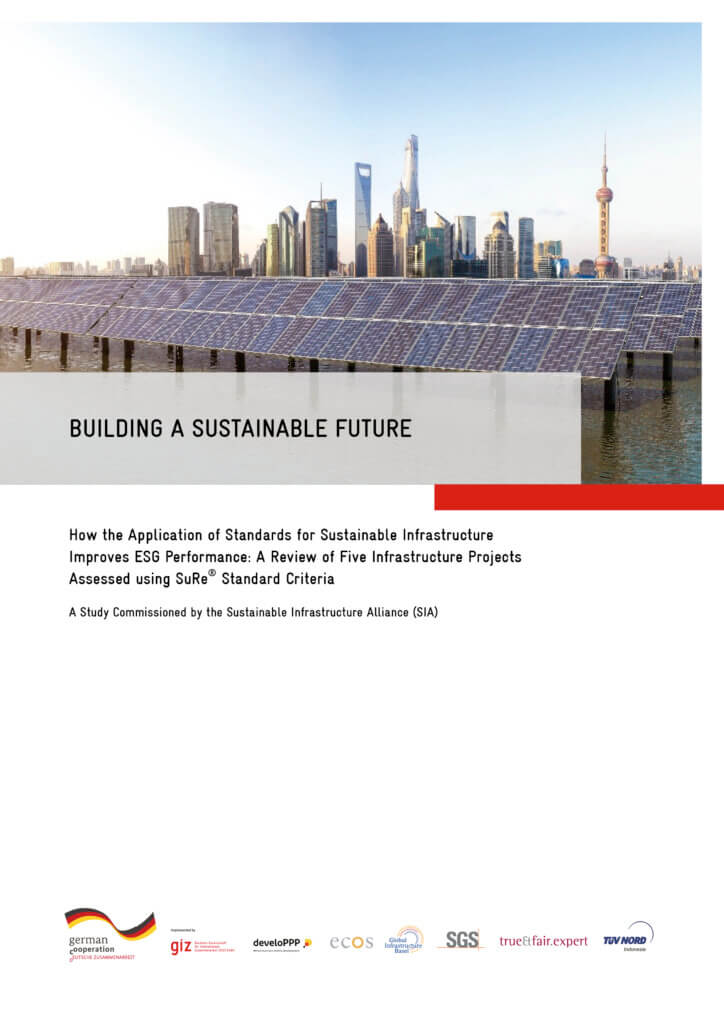
The goal of this Impact Report is to highlight to stakeholders (infrastructure financiers, infrastructure project developers, public procurers and donors) the tangible and replicable benefits that result from the adoption of sustainable infrastructure standards. ICLEI South Asia and ICLEI East Asia secretariats have partnered to jointly deliver this impact report. The large variety of projects, […]
International Standards for Sustainable Infrastructure: An overview
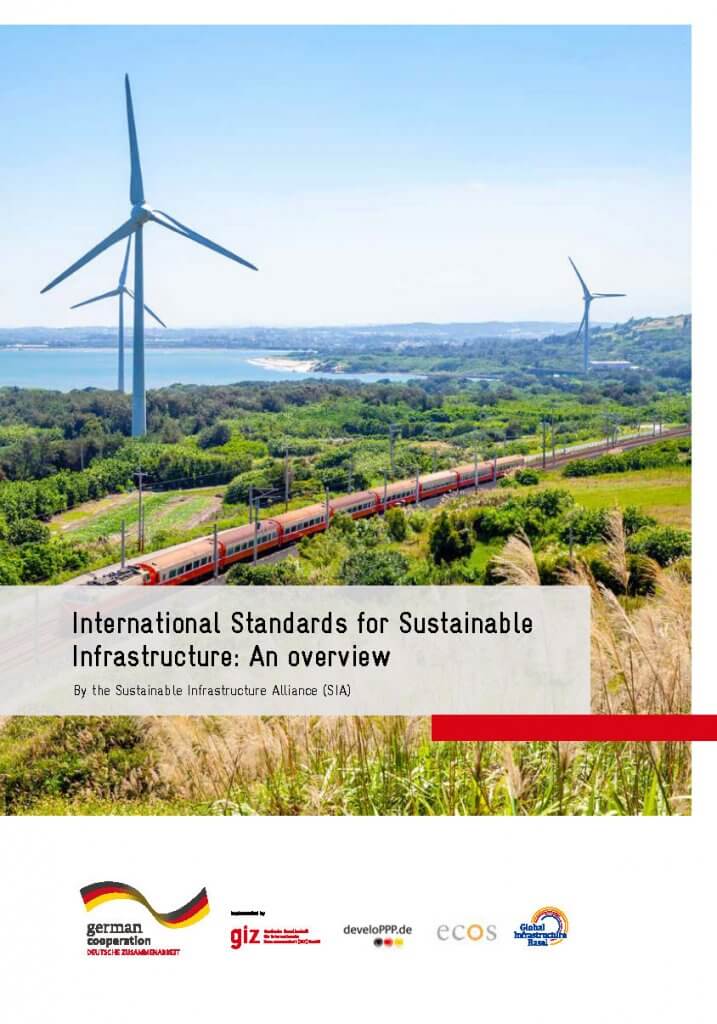
Infrastructure investments are inherently long-lasting and, taken as a whole, infrastructure has a profound impact on the economies, environment, and society of the places where they are located. Decisions taken at the planning and investment stage of the infrastructure sector—such as in roads or energy facilities—often have implications that last for generations, and guide settlement […]

